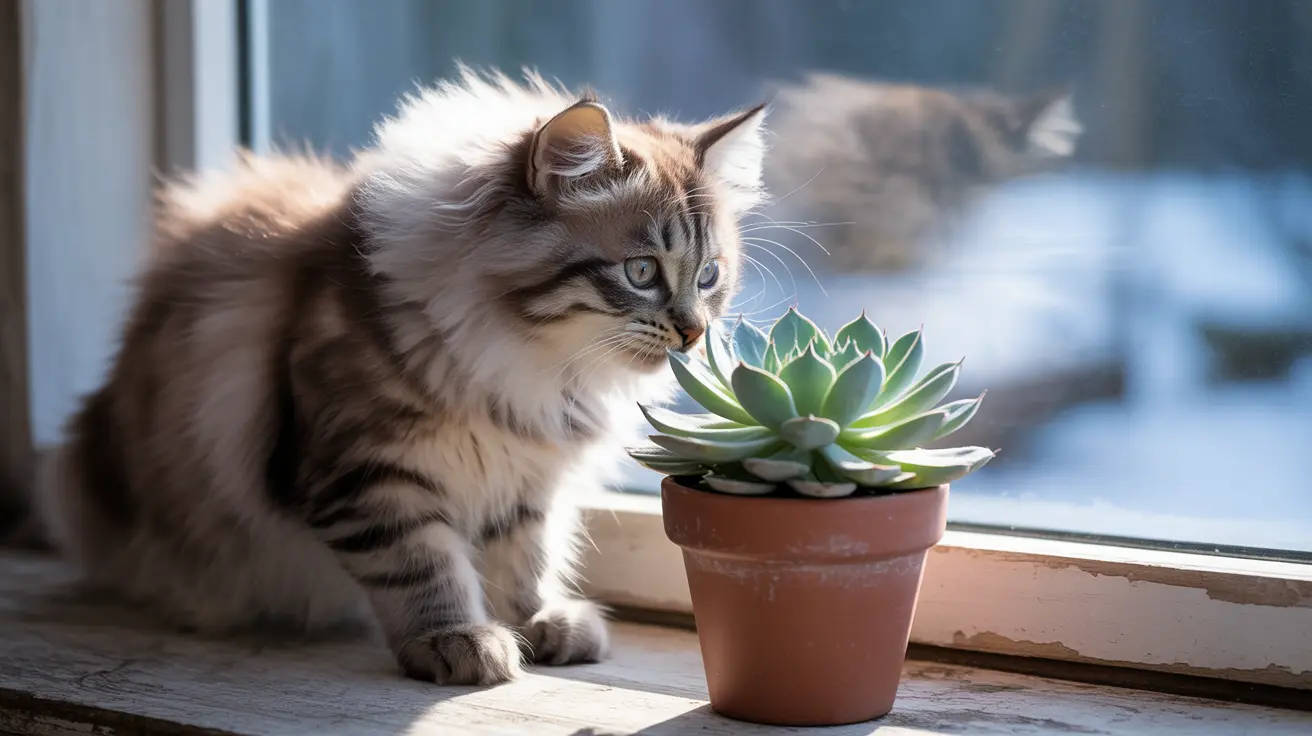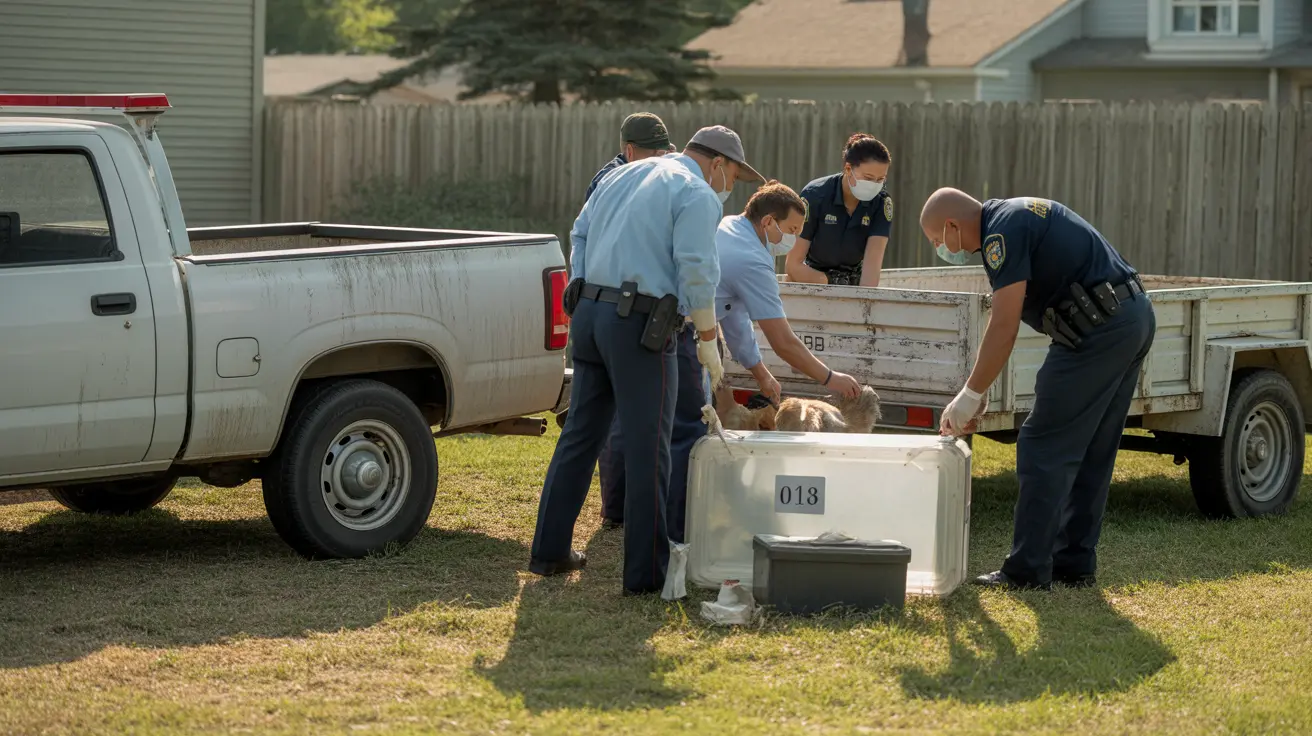As succulents continue to grow in popularity as houseplants, many cat owners find themselves wondering about their safety. While these trendy plants can add beauty to your home, it's crucial to understand that not all succulents are safe for our feline friends. Some varieties can be toxic, causing symptoms ranging from mild discomfort to serious health issues if ingested.
In this comprehensive guide, we'll explore which succulents pose risks to cats, identify safe alternatives, and provide essential information for creating a pet-friendly indoor garden.
Understanding Succulent Toxicity in Cats
The relationship between cats and succulents is complex. While some varieties are completely harmless, others contain compounds that can be dangerous to cats. These toxic substances include saponins, anthraquinones, and cardiac glycosides, which can cause various adverse reactions when ingested.
Common Toxic Succulents to Avoid
Several popular succulent varieties can be harmful to cats:
- Aloe Vera
- Jade Plant (Crassula ovata)
- Kalanchoe species
- Snake Plant (Sansevieria)
- Euphorbia varieties
- Silver Dollar Plant
Safe Succulent Options for Cat Owners
Fortunately, many beautiful succulents are safe for homes with cats:
- Echeveria species
- Haworthia (Zebra Plant)
- Sempervivum (Hens and Chicks)
- Christmas Cactus
- Blue Echeveria
Recognizing Signs of Succulent Poisoning
If your cat has ingested a toxic succulent, watch for these symptoms:
- Vomiting and diarrhea
- Excessive drooling
- Lethargy or weakness
- Loss of appetite
- Difficulty walking or coordination problems
- Pawing at the mouth
Prevention and Safety Measures
Protect your cats by implementing these safety strategies:
- Research plants before purchasing
- Keep toxic succulents out of reach
- Use deterrent sprays around plants
- Create designated plant areas
- Provide cat-safe alternatives like cat grass
Emergency Response Protocol
If you suspect your cat has ingested a toxic succulent:
- Remove any remaining plant material
- Document symptoms
- Contact your veterinarian immediately
- Have ASPCA Poison Control number ready (888-426-4435)
- Collect plant samples for identification
Frequently Asked Questions
Are all succulents safe for cats, or which varieties are toxic?
Not all succulents are safe for cats. Common toxic varieties include Aloe Vera, Jade Plant, Kalanchoe, and Snake Plant. Safe alternatives include Echeveria, Haworthia, and Sempervivum.
What symptoms should I look for if my cat eats a toxic succulent?
Watch for vomiting, diarrhea, excessive drooling, lethargy, loss of appetite, and coordination problems. Severe cases may show signs of tremors or seizures.
What immediate steps should I take if my cat ingests a poisonous succulent?
Remove any remaining plant material, document symptoms, and contact your veterinarian or animal poison control immediately. Don't induce vomiting without professional guidance.
Which succulents are recommended as safe alternatives for homes with cats?
Safe options include Echeveria species, Haworthia (Zebra Plant), Sempervivum (Hens and Chicks), and Christmas Cactus. These varieties are non-toxic to cats.
How can I prevent my cat from chewing on dangerous succulent plants?
Keep toxic plants out of reach, use deterrent sprays, create designated plant areas, and provide cat-safe alternatives like cat grass. Consider using hanging planters or enclosed terrariums.
Conclusion
While not all succulents pose risks to cats, it's essential to choose your indoor plants carefully when you have feline family members. By selecting pet-safe varieties and implementing proper precautions, you can enjoy these beautiful plants while keeping your cats safe and healthy.
Remember to always research new plants before bringing them home and keep emergency contact information readily available. With proper knowledge and preparation, cats and succulents can safely coexist in your home.






